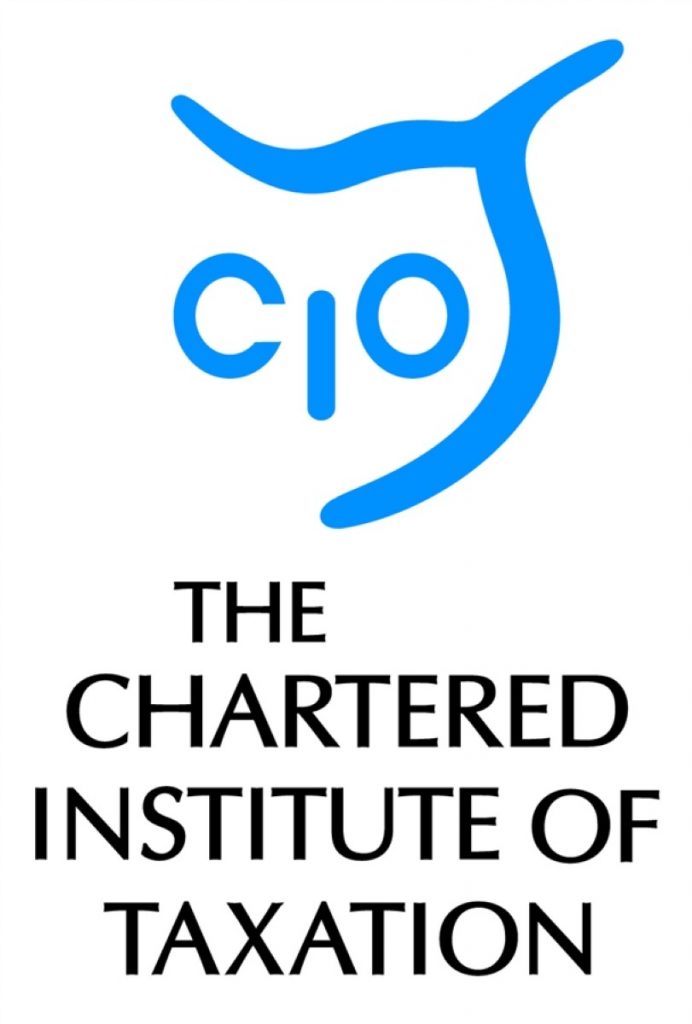Adam Smith principles must lie at heart of new Scottish Council Tax System
In the run-up to the Scottish parliamentary elections due to be held in 2016, The Chartered Institute of Taxation (CIOT) is calling on Scotland’s political parties to prioritise the four tax principles of Adam Smith: equality, certainty, convenience and economy, in their design of a new council tax system.
The call comes in the wake of a report1 published by the Commission on Local Tax Reform which has called for an end to the current system, to be replaced with one which is fairer, more progressive and legally empowering.
Moira Kelly, Chair of the CIOT’s Scottish Taxes Sub-Committee, said:
“This report emphasises the need for Scottish politicians to undertake a fundamental re-think of the council tax system in Scotland. The report rightly criticises the cumbersome nature of a single tax instrument approach to local taxation. In particular, it draws attention to the difficulty in simultaneously achieving greater equity for taxpayers, increasing autonomy for Local Government and meeting both of those goals in a way that is efficient and immediately implementable.
“Specific recommendations include:
- A recurrent tax on domestic property
- Further impact analysis on land value tax
- Local government tax base should include income
“We are pleased that a significant number of these recommendations were suggested by the CIOT and Low Incomes Tax Reform Group, amongst others.
“Adam’s Smith principles hold true to this day and as the Scottish Government seeks to better marry equity with efficiency, greater autonomy at a local level must be grounded by a system which honours both of these principles in equal measure. The nature of increased local tax autonomy also highlights the need for a collection/administration system that does not incur a fiscal cost which would become self-defeating.
“Finally, as we have consistently highlighted the important of public awareness around the Scottish Rate of Income Tax so too do we caution politicians and policy-makers to be especially mindful of the need to ensure that those affected by a new system are fully aware of when they will be affected and in what measure.“
Note to editors
1. The report of the Commission Local Tax Reform, Just Change: A new Approach to Local Taxation, ca be read in full here: http://localtaxcommission.scot/
2. The Chartered Institute of Taxation (CIOT)
The CIOT is the leading professional body in the United Kingdom concerned solely with taxation. The CIOT is an educational charity, promoting education and study of the administration and practice of taxation. One of our key aims is to work for a better, more efficient, tax system for all affected by it – taxpayers, their advisers and the authorities. The CIOT’s work covers all aspects of taxation, including direct and indirect taxes and duties. Through our Low Incomes Tax Reform Group (LITRG), the CIOT has a particular focus on improving the tax system, including tax credits and benefits, for the unrepresented taxpayer.
The CIOT draws on our members’ experience in private practice, commerce and industry, government and academia to improve tax administration and propose and explain how tax policy objectives can most effectively be achieved. We also link to, and draw on, similar leading professional tax bodies in other countries. The CIOT’s comments and recommendations on tax issues are made in line with our charitable objectives: we are politically neutral in our work.
The CIOT’s 17,500 members have the practising title of ‘Chartered Tax Adviser’ and the designatory letters ‘CTA’, to represent the leading tax qualification.





-01.png)